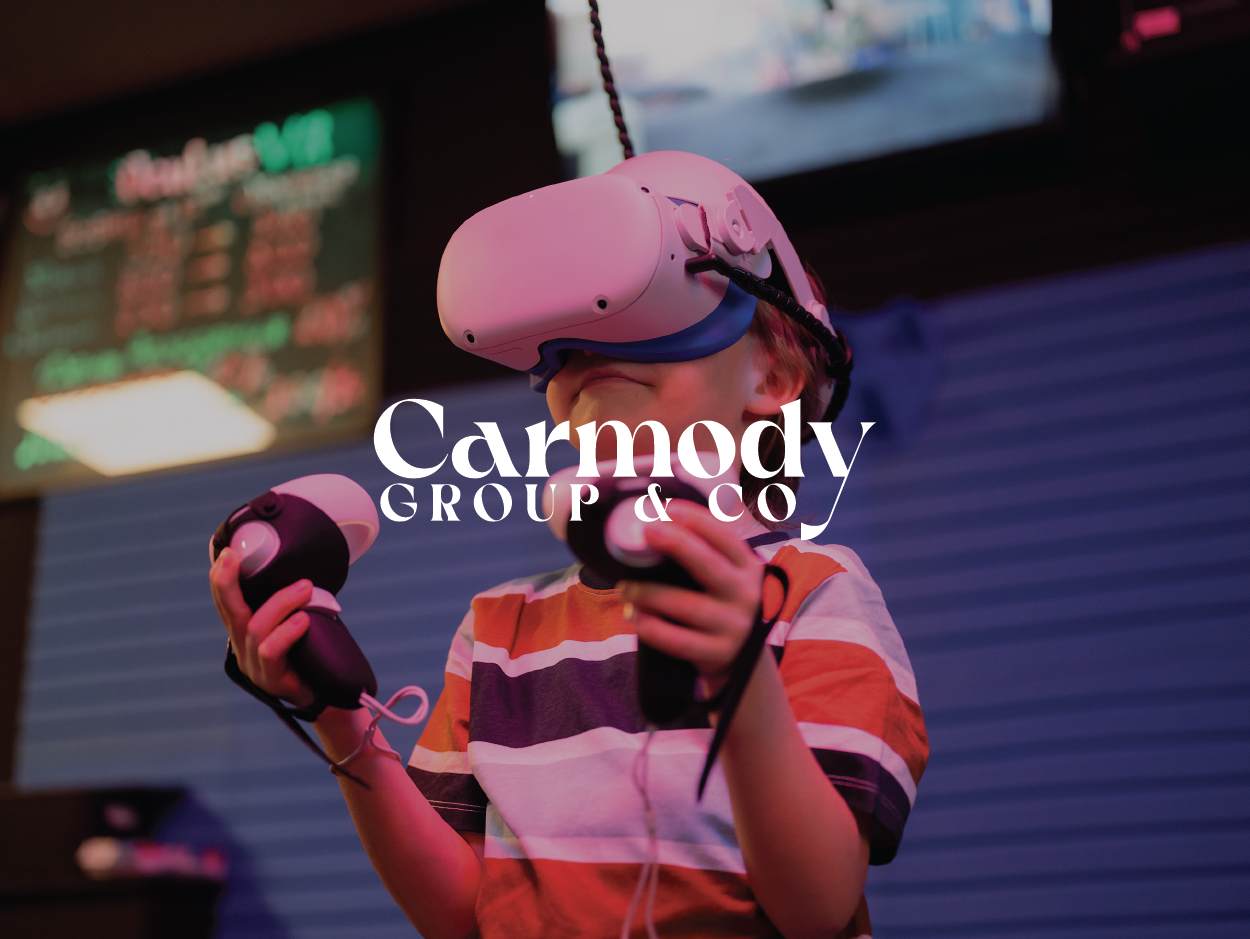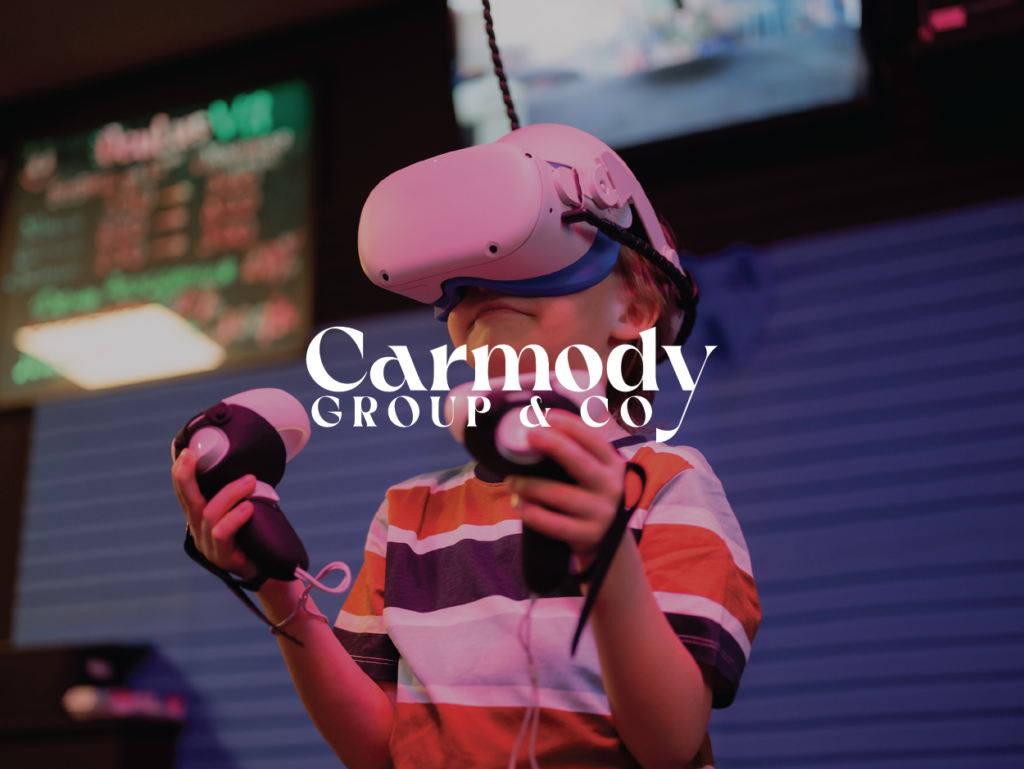Virtual reality has the capacity to enhance the learning journey by employing immersive simulations that transport learners to virtual environments. This transformative approach not only renders learning more captivating and memorable than traditional classrooms but also provides a platform for students to engage with scenarios mirroring real-life situations.
The technology’s prowess lies in its ability to create lifelike situations, offering students increased engagement, a deeper understanding of intricate concepts, and a secure space for practicing skills. Virtual reality is tailored to diverse learning styles, presenting visual, auditory, and kinaesthetic learning opportunities that equip students for the contemporary and future digital landscape.
Advantages of Integrating Virtual Reality into Education:
- Hands-On Learning in Virtual Environments: Students can immerse themselves in virtual environments, facilitating hands-on experiences that simplify the comprehension of challenging topics. Virtual reality finds application in virtual labs, lessons, and tours of locations that would typically be inaccessible due to organisational constraints. Virtual field trips enhance traditional learning with interactive experiences.
- Exploration of Inaccessible Sites: Virtual reality enables students to virtually explore sites, natural environments, and even outer space, enriching their overall educational experience.
- Increased Engagement through Immersive Experiences: Virtual reality technology captivates students’ attention in both physical classrooms and online, offering an immersive educational experience that goes beyond traditional methods.
- Gamification for Enhanced Engagement: To bolster engagement, educators can employ gamification strategies within virtual reality tools. Students receive rewards for active participation and task completion, injecting an element of fun into the learning process while promoting collaboration.
- Realistic Simulation of Scenarios: The simulation of real-life scenarios in virtual reality provides a practical and experiential approach to learning. This not only heightens engagement but also contributes to better retention of information and improved learning outcomes.
- Enhanced Understanding of Complex Concepts: Through virtual reality, students can visualise and experience complex concepts firsthand. For instance, in fields like Horticulture, students can observe plant growth cycles or explore the use of chemicals, enhancing their understanding through engaging sight and sound.
- Active Participation for Effective Learning: Participation in virtual reality simulations helps students maintain focus and interest, leading to a more effective learning experience. The technology holds the potential to revolutionise education by authentically simulating real-life scenarios.



